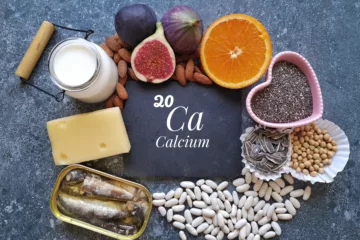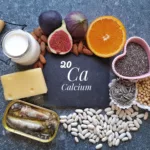Potassium is an essential mineral that plays a vital role in various bodily functions. It is responsible for regulating fluid balance, muscle contractions, and nerve signals. As such, consuming enough potassium is crucial for maintaining overall health and wellbeing.

What is Potassium and Why is it Important for Your Health?
Potassium is a mineral that is naturally found in many foods. It is an electrolyte that conducts electricity and is essential for the proper functioning of muscles, including the heart. It also helps regulate the balance of fluids in the body, aids in the transmission of nerve signals, and supports healthy kidney function.

In addition, potassium has been shown to help lower blood pressure and reduce the risk of stroke. Studies have also suggested that a diet high in potassium may help prevent osteoporosis and reduce the risk of developing kidney stones. However, it is important to note that too much potassium can be harmful, especially for those with kidney problems.
It is recommended to consume potassium through a balanced diet rather than supplements, and to consult with a healthcare professional if you have any concerns about your potassium intake.



















